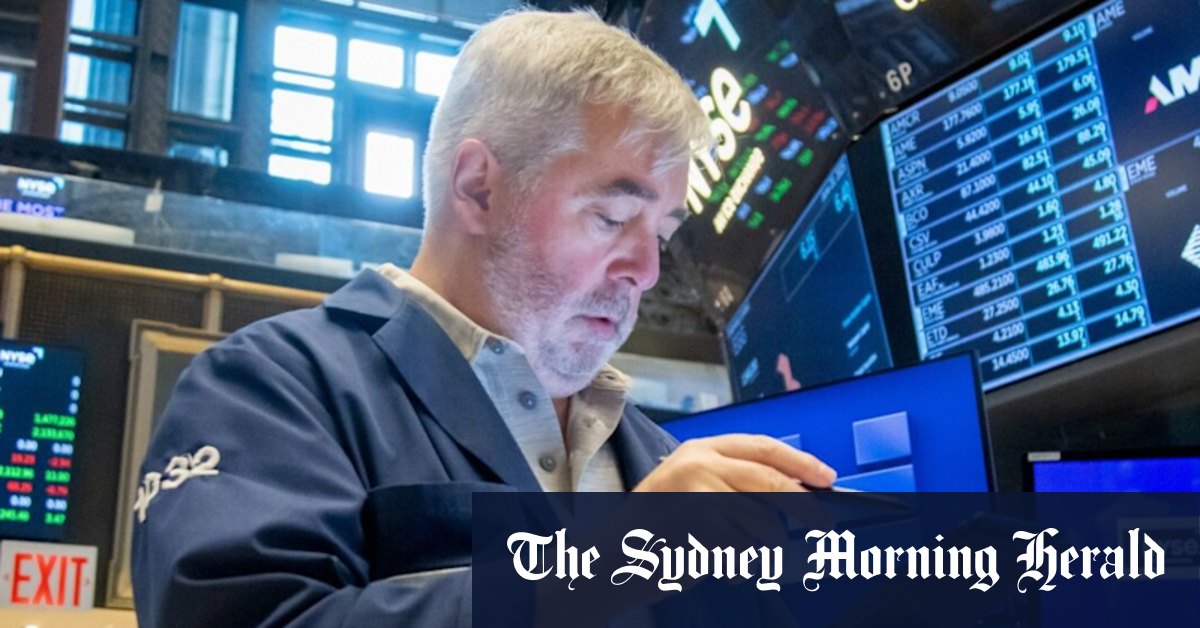Stocks have been hitting records in large part because Wall Street is expecting the economy to pull off a delicate balancing act: slowing enough to convince the Federal Reserve to cut interest rates, but not so much that it causes a recession, all while inflation remains under control.
Loading
Many things must go right for that to happen, and an encouraging signal came from Wednesday’s report showing that inflation at the US wholesale level unexpectedly slowed in August. It’s a relief following months of reports suggesting inflation would be tough to get under the Fed’s target of 2 per cent, with President Donald Trump’s tariffs set to add only upward pressure on prices.
A potentially more important report is coming Thursday that will show how bad inflation has been for US households, but Wednesday’s update “essentially rolled out the red carpet for a Fed rate cut next week,” according to Chris Larkin, managing director, trading and investing, at E-Trade from Morgan Stanley.
Traders were already convinced that the Fed will deliver its first cut to interest rates of the year at its next meeting, but they need inflation data in the interim to come up mild enough not to derail those expectations. That’s because cuts to interest rates can push inflation higher, along with giving the economy a kickstart, and hot inflation could tie the Fed’s hands.
“The broader narrative is increasingly anchored on expectations that the Fed will deliver a rate cut at next week’s meeting,” said Ahmad Assiri, research strategist at Pepperstone.
Loading
On Wall Street, tech stocks helped lead the way after Oracle said AI-related demand is set to send its revenue surging. CEO Safra Catz said Oracle signed four multi-billion dollar contracts during its latest quarter, and it expects cloud infrastructure revenue to jump 77 per cent to $US18 billion ($27.2 billion) this fiscal year. After that, it expects such revenue to soar to $US144 billion in just four years.
“AI Changes Everything,” Oracle Chairman Larry Ellison said in a statement.
Oracle stock leaped 35.9 per cent even though it also reported results for the latest quarter that came up just shy of analysts’ expectations.
Taiwan Semiconductor Manufacturing Co., which makes chips used in AI and other computing, saw its stock that trades in the United States climb 3.8 per cent after it said its revenue jumped nearly 34 per cent in August from a year earlier.
Nvidia, the chip company whose stock has become the poster child of the AI boom, rose 3.9 per cent. It was one of the strongest single forces lifting the S&P 500, along with Oracle.
On the losing side of Wall Street was Apple, whose drop of 3.2 per cent helped drag the Dow lower and was the heaviest weight on the S&P 500. Some analysts said its unveiling of new iPhones the day before contained no surprises and may not drive much growth in demand.
Klarna, the Swedish “buy now, pay later” financial services provider, jumped in its public debut. The stock, which was priced at $US40 per share, added 14.6 per cent.
With AP

